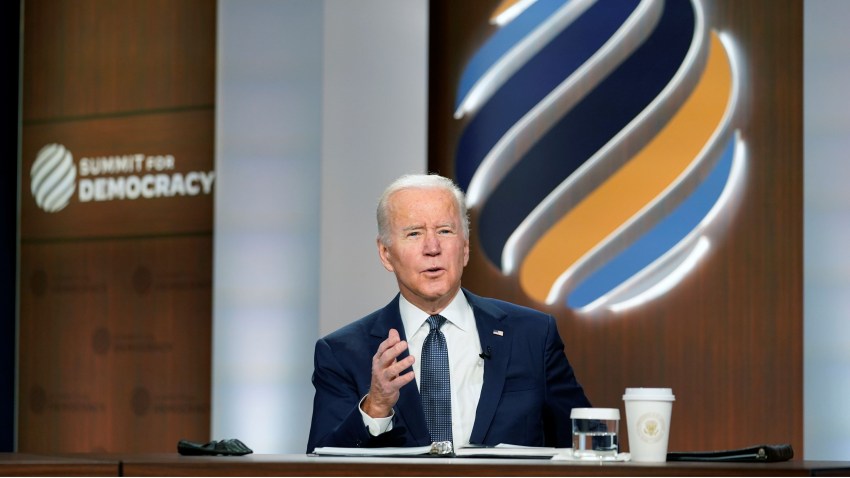Is U.S. President Joe Biden too focused on defending democracy? Writing recently for the Atlantic, the Carnegie Endowment’s Stephen Wertheim argued that by making the defense of democracy the “first principle” guiding his foreign policy, Biden has aggravated a host of challenges facing the United States. Rather than seeking prudent compromises to stabilize crisis situations, Biden is fostering “one-sided, maximalist policies that intensify conflicts without resolving them, while entangling the United States within them.” Wertheim’s view echoes that of Walter Russell Meade, who wrote last year that Biden’s framing of “world politics as a contest between liberal democracy and autocracy” is “unfortunate” because it “hampers America’s diplomacy overseas and further erodes the weak consensus at home behind a strong American foreign policy around the world.”
One can argue that the Biden administration is too maximalist in its aims, even to the point of trying to do too much. But is it truly due to a hyper-focus on the defense of democracy, both at home and abroad?
It is indeed the case that the Biden administration has voiced the need to support democracy worldwide. Compared to his predecessor, former President Donald Trump, Biden does frequently affirm the virtues of democracy and the need to defend it. During his first year in office, Biden declared, “In the face of sustained and alarming challenges … all around the world, democracy needs champions.” Last year, he took something of a victory lap, saying, “Democracy remains humanity’s most enduring means to advance prosperity, security, and dignity for all. And over the last two and a half years, we’ve proved it.” Even when focusing on U.S. democracy, Biden has an eye abroad. In his 2022 address in Philadelphia, Biden emphasized that defending democracy at home was necessary for the U.S. to continue to serve as “the beacon to the world, an ideal to be realized, a promise to be kept.”

